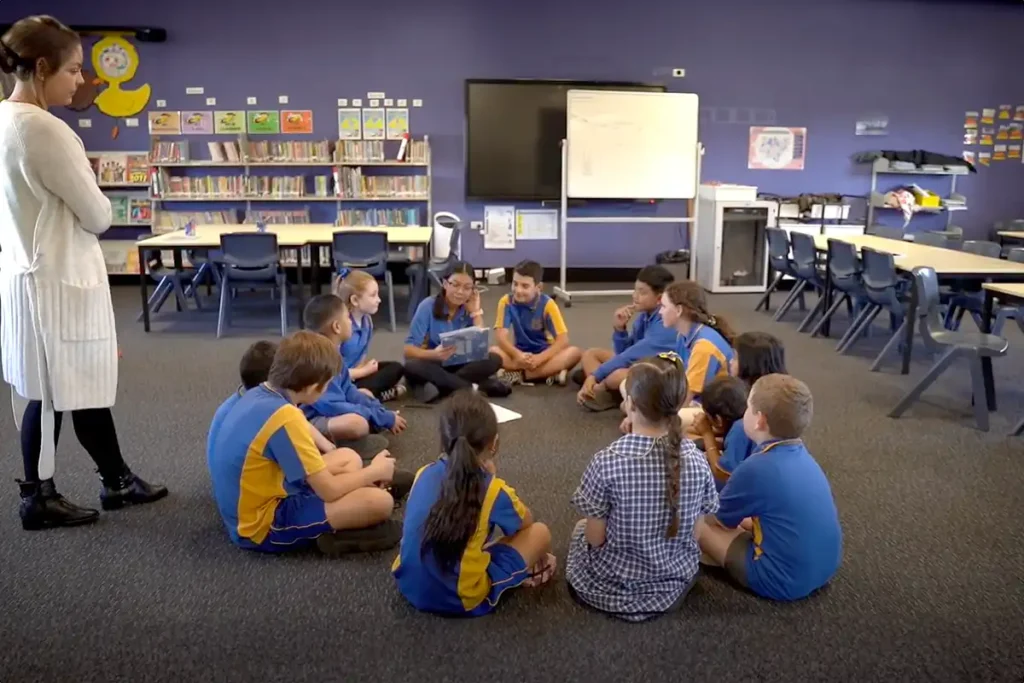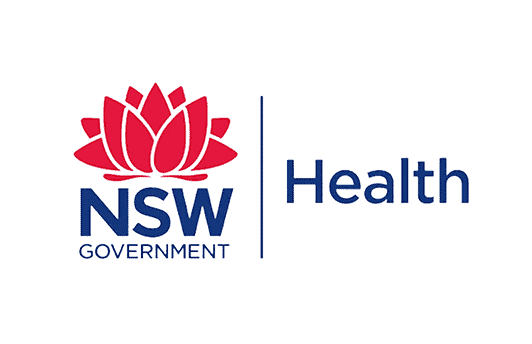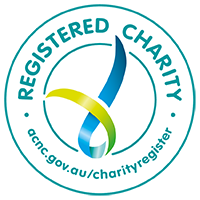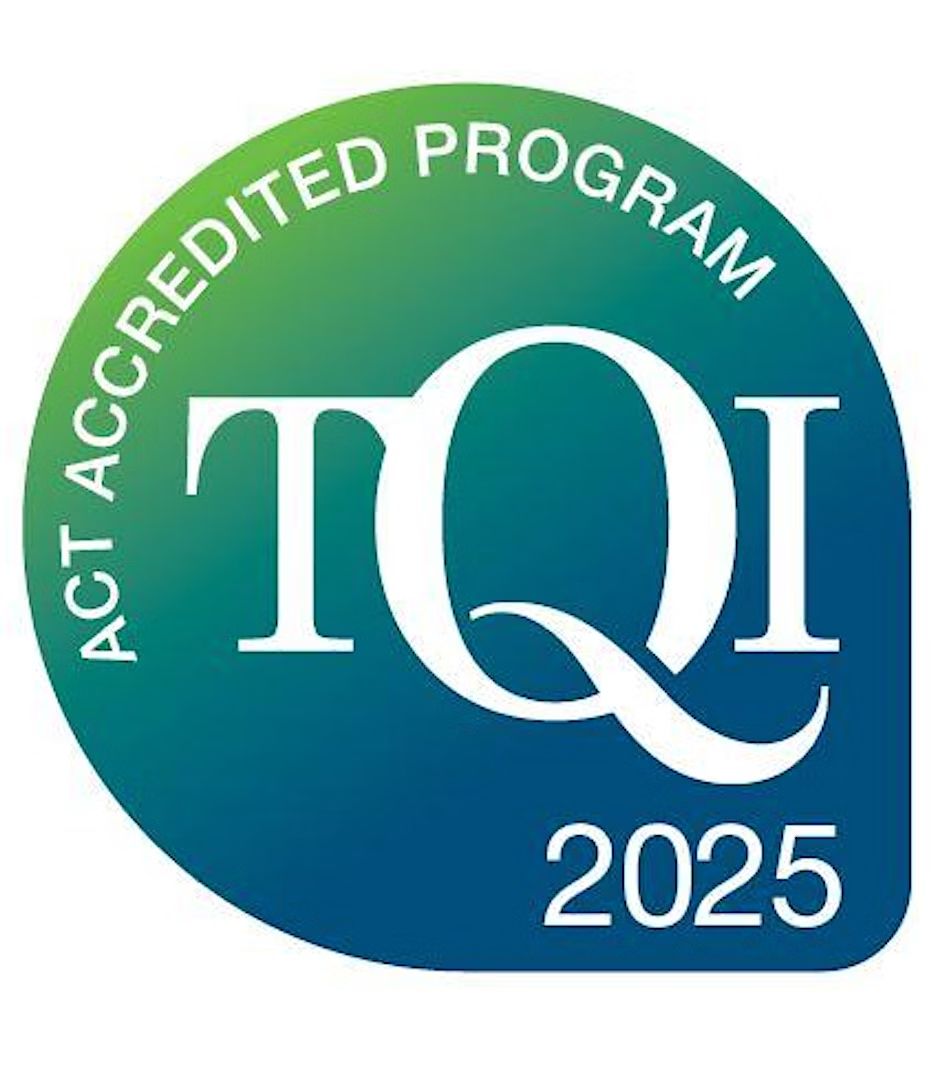Resilience programs can help your students develop the relationships and skills to overcome challenges, cope with stress, and thrive in the face of adversity.
Resilience means students are able to effectively navigate life’s ups and downs. It’s not about avoiding challenges, but being able to manage them well – because life is a series of positive and negative experiences. And we all need the skills to cope well when challenges come our way.
You can foster resilience in your students, as an educator. There are many resilience programs available to support schools to build healthy relationships and develop your students’ social and emotional learning. You can read more about teaching resilience here.
It can be hard to pick the right resilience program for your school, with so many available. Here are some tips to help you select the best program for your students to build their resilience.
Prioritise social and emotional literacy
A resilience program should help develop your students’ social and emotional literacy (SEL). SEL programs teach students how to manage their emotions, set and achieve goals, establish positive relationships, and make responsible decisions.
Students can develop the resilience they need to overcome setbacks and thrive in challenging situations by learning these skills. Look for resilience programs, like Peer Support, that prioritise SEL and incorporate it into the curriculum.
Look for resilience programs that promote inclusion and engagement
Feeling a sense of belonging is important to being able to manage life’s ups and downs. Students are more likely to persevere through challenges and bounce back from setbacks when they feel connected to their school community and have positive relationships with their peers and teachers. Australian researchers recently showed that a sense of belonging in high school reduces feelings of anxiety in students.
Peer Support, for example, builds a sense of community and fosters positive relationships across the whole school community.
Engaged students are more likely to be resilient. Look for programs that encourage active participation, collaboration, and hands-on learning. These types of programs can help students develop a sense of ownership and agency over their learning, which can contribute to their resilience.
The best resilience programs promote a growth mindset
A growth mindset is the belief that intelligence and abilities can be developed through hard work and dedication. Students with a growth mindset are more likely to embrace challenges and view them as opportunities for growth.
Look for programs that emphasise the value of effort and perseverance.
Consider running a program that teaches mindfulness and stress management
Stress is a natural part of life. But too much stress can be detrimental to students’ wellbeing and ability to cope with challenges.
Smiling Mind is a popular program that teaches students how to manage stress through mindfulness techniques. These include deep breathing, meditation, and yoga. These types of activities can help students develop coping skills that will serve them well throughout their lives.
Check whether your resilience program is evidence-based
Make sure any program you’re considering is backed by research. Some state education departments have wellbeing directories that help you sort through the plethora of wellbeing programs available – and you can search by themes, like resilience.
The Peer Support Program is included in the NSW Department of Education’s wellbeing directory under two themes – Resilience and Sense of Belonging. It’s also listed in the SA Department of Education wellbeing directory. This means you can trust Peer Support is a quality assured resilience program.
Our resilience module – Moving Forward for primary school students and Rethinking Challenges for high school students – is an evidence-based approach to helping students build the resilience they need to thrive during school and beyond. The eight-week module was launched more than 10 years ago and has been run in hundreds of schools since then.
Build student wellbeing with Peer Support
Discover how Peer Support can build student wellbeing at your school, with this free ebook.





